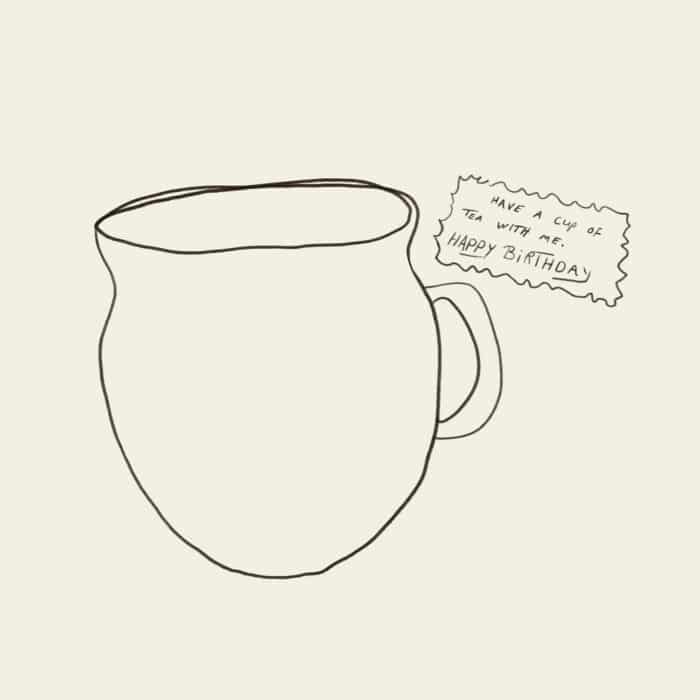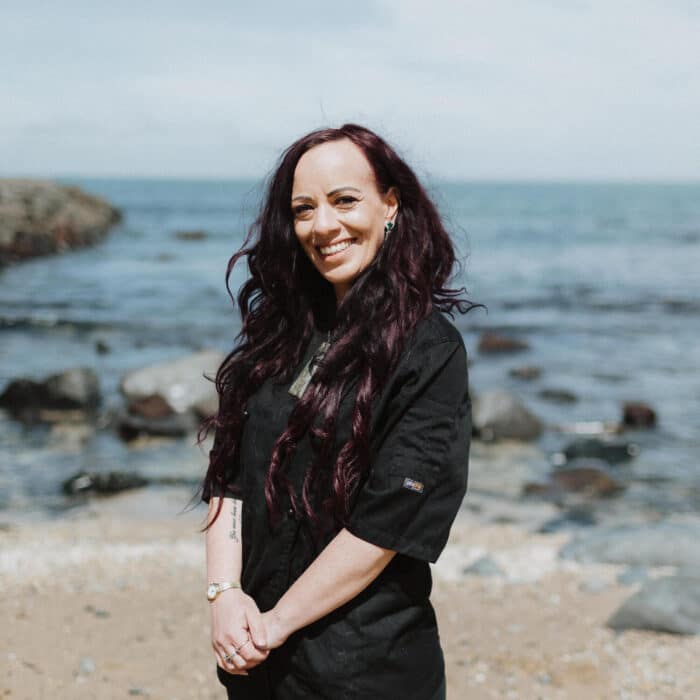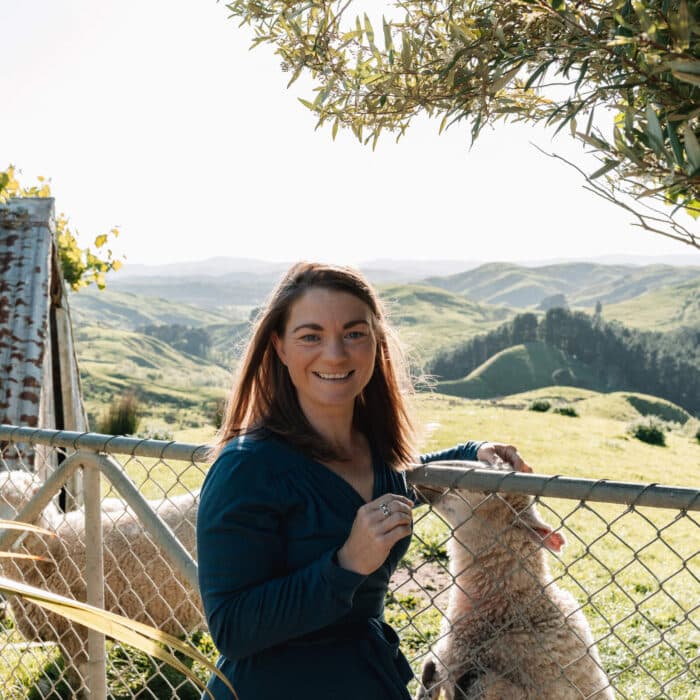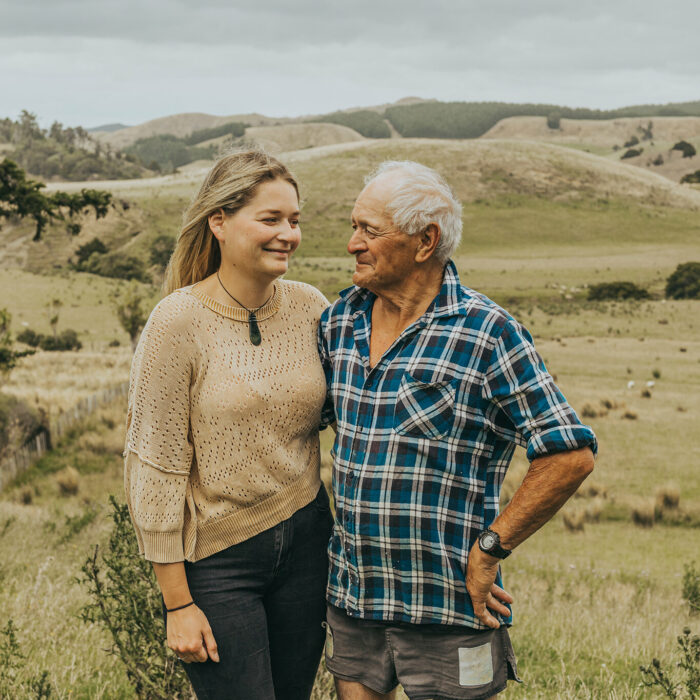
My first experience with the natural world of plants was around the age of eight. A Māori matua who was our neighbour made me a poultice from rongoā rākau to assist with sores on my legs that were not healing. They cleared up remarkably quickly, and that always stuck with me.
I went on to study te reo Māori at college and found myself immersed in waiata and Māori culture through my kuia, Maraea Riddell. She guided me through mātauranga Māori, and all it encompassed. She had an impact on my wairua - time with her, I found, felt like home, and the time and knowledge she shared is something I have always treasured and respected. It is not something you could ever learn from a book or course.
Later in life, I found I enjoyed the plant world. I went on to study science and horticulture while raising my six children. My eldest daughter developed a rare neurological condition at a young age: she would end up with breaks and bruises over-the-counter products did not work for effectively. That is when I took an interest in herbal medicine and rongoā. It is a complementary combination that allowed me to develop products from my family kitchen, leading me to meet my business partner and friend, and ultimately co-found Fantail Botanicals.
My eldest daughter was severely impacted by her illness and has various challenges, so the business allows her to have an adaptable role where she learns constantly and is involved in everything from the compost and nutrition of the plants, through to harvesting, processing, manufacturing, designing and packaging.
I have found that, as we engage with people through Fantail Botanicals in the Tararua District, we have a lot of individuals with varying disabilities, whether they be physical, developmental or both. I have seen through my daughter how being involved allows her to have an enlivened life. It stimulates progress and enables her as an individual to have a sense of mana and purpose, and to be further involved within our community. We can celebrate successes that may seem small to others. She can now come into the local ngahere with me and identify plants unassisted and use their Māori names. It gives her such a sense of pride and joy. The Māori word for autism is takiwātanga, which means "in his or her own time." I find it such a beautiful expression that matches Māori cultural concepts well and feel it encompasses her experiences to date. If you have the time and patience, individuals like my daughter can benefit our community and allow you to have a lens and appreciation for things in life we often take for granted.
GATHER is Shepherdess's storytelling and portraiture project documenting life in provincial New Zealand. In our latest series, we present the words of ten women who call the Tararua District home. Over the past few months, writer Carly Thomas worked with each woman to help them bring their writing to life, and photographer Abbe Hoare visited their homes to capture their portraits. GATHER was supported by the Tararua District Creative Communities Committee, through funding from Creative New Zealand. If you'd like GATHER to come to your area, get in touch with us at [email protected]. We'd love to hear from you!
This story appeared in the Ngahuru Autumn 2022 Edition of Shepherdess.
Related Stories
A Treasured Family Memory
I grew up in St Leonards in Dunedin. We have a close-knit family, and all lived within the same block at the time.
Bringing people together with kai in the southernmost town in Aotearoa
Haylee-Chanel Simeon, 38, is the creative force behind restaurant Hayz @ The Anchorage, based in Bluff, Murihiku Southland.
Championing the rural sector every step of the way
Rebecca Greaves, 38, is a rural journalist based in Pongaroa. She is a tireless champion of rural communities.
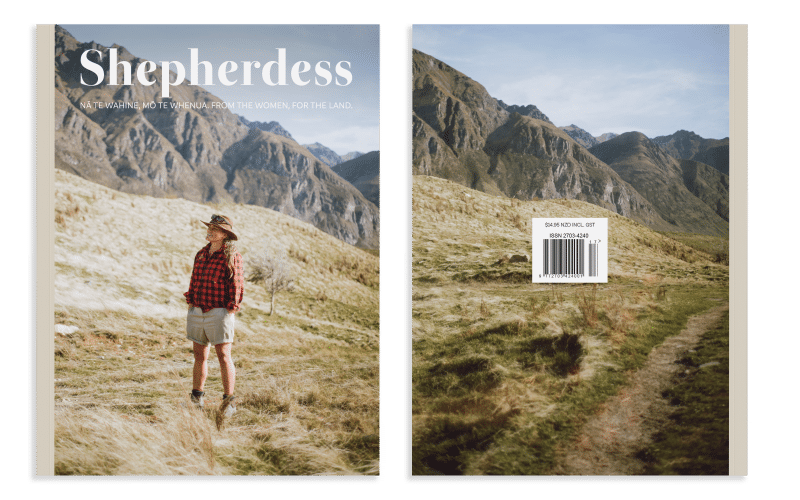
Out Now
Seventeenth Edition
Our beautiful Ngahuru Autumn 2024 Edition is out now!
